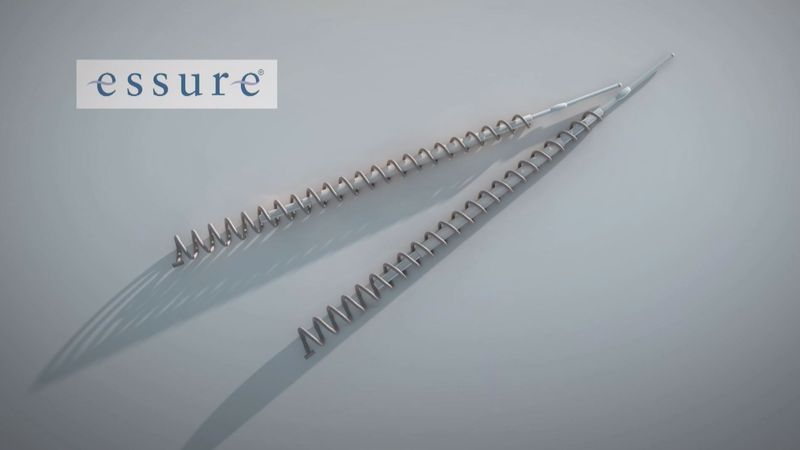EssureContraceptive Device
Manufactured by Bayer and approved by FDA in 2002. Originally manufactured by Conceptus who was acquired by Bayer in 2013. More than 500,000 women use Essure to prevent pregnancy. Bayer marketed the device as a non-surgical procedure which made it an appealing alternative to surgical tubal ligation. However, the placement of Essure is considered by the medical community to be surgical and oftentimes requires general anesthesia. On February 29, 2016, the FDA required the addition of a “black box warning”, the most severe warning possible, to be placed on the Essure label. The FDA also ordered Bayer to conduct a new clinical study to gather more data about the health risks the device might pose in a real-world environment.

What is Essure?
Essure is a permanent birth control procedure manufactured, marketed, and sold by Bayer. During the Essure procedure, a soft, flexible insert is placed into each fallopian tube. Over several months, a barrier made of scar tissue forms around the inserts preventing sperm from reaching the eggs.
The procedure does not require general anesthesia and is non-hormonal in nature meaning it is ideal for women who have previously experienced a thrombotic event from hormone-based contraceptives. The Essure procedure is marketed as a simple, safe, minimally invasive, and effective. Recovery time is marketed as 1-2 days.
Adverse Reactions to Essure
The FDA has received more than 5,000 adverse reports regarding Essure since 2002, many of them coming after Bayer took over. Additionally, a Facebook group called “Essure Problems” now has over 27,000 members and is still growing. Essure has several short-term and long-term complications. Short-term complications include mild to moderate pain, cramping, vaginal bleeding, and pelvic or back discomfort. More serious long-term complications include unintended pregnancy (including ectopic pregnancy), chronic pelvic pain, migration or movement of the Essure insert through the fallopian tubes into the lower abdomen and pelvis, obesity, perforation or puncturing of the uterus or fallopian tubes, rash associated with nickel allergy, joint pain, fatigue, and other autoimmune disease symptoms.
We want to hear from you
Speak with a representative now
Phone: (888) 430-5470
Email: [email protected]
